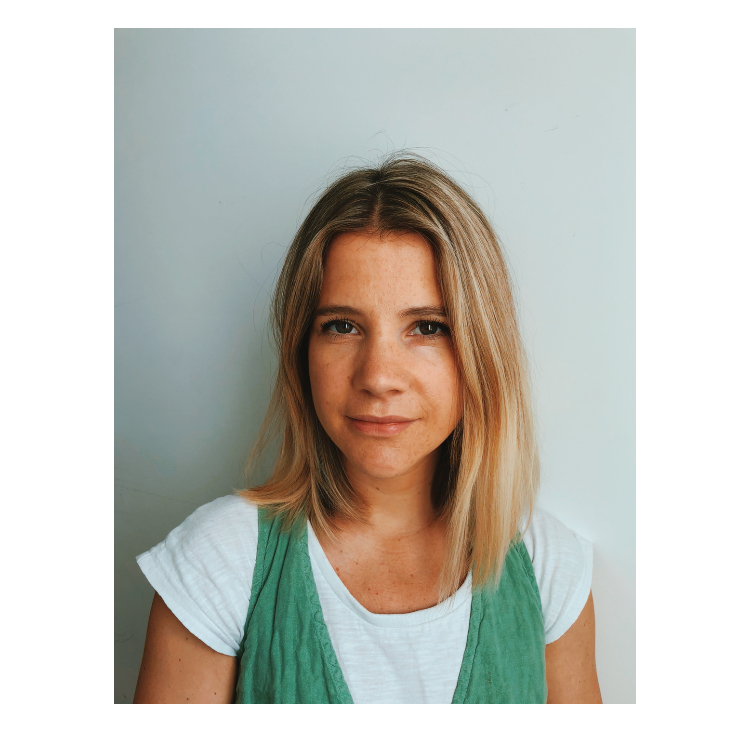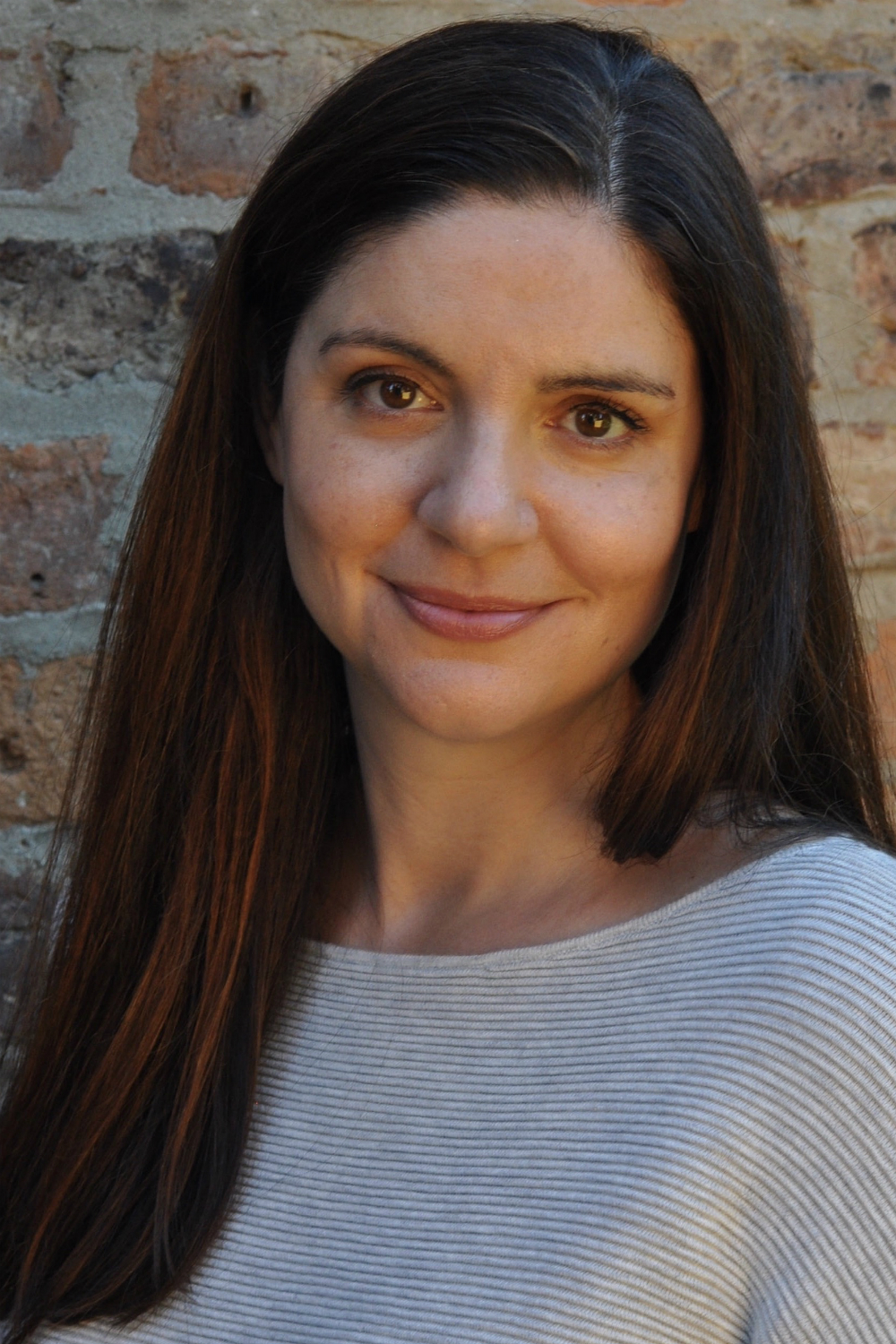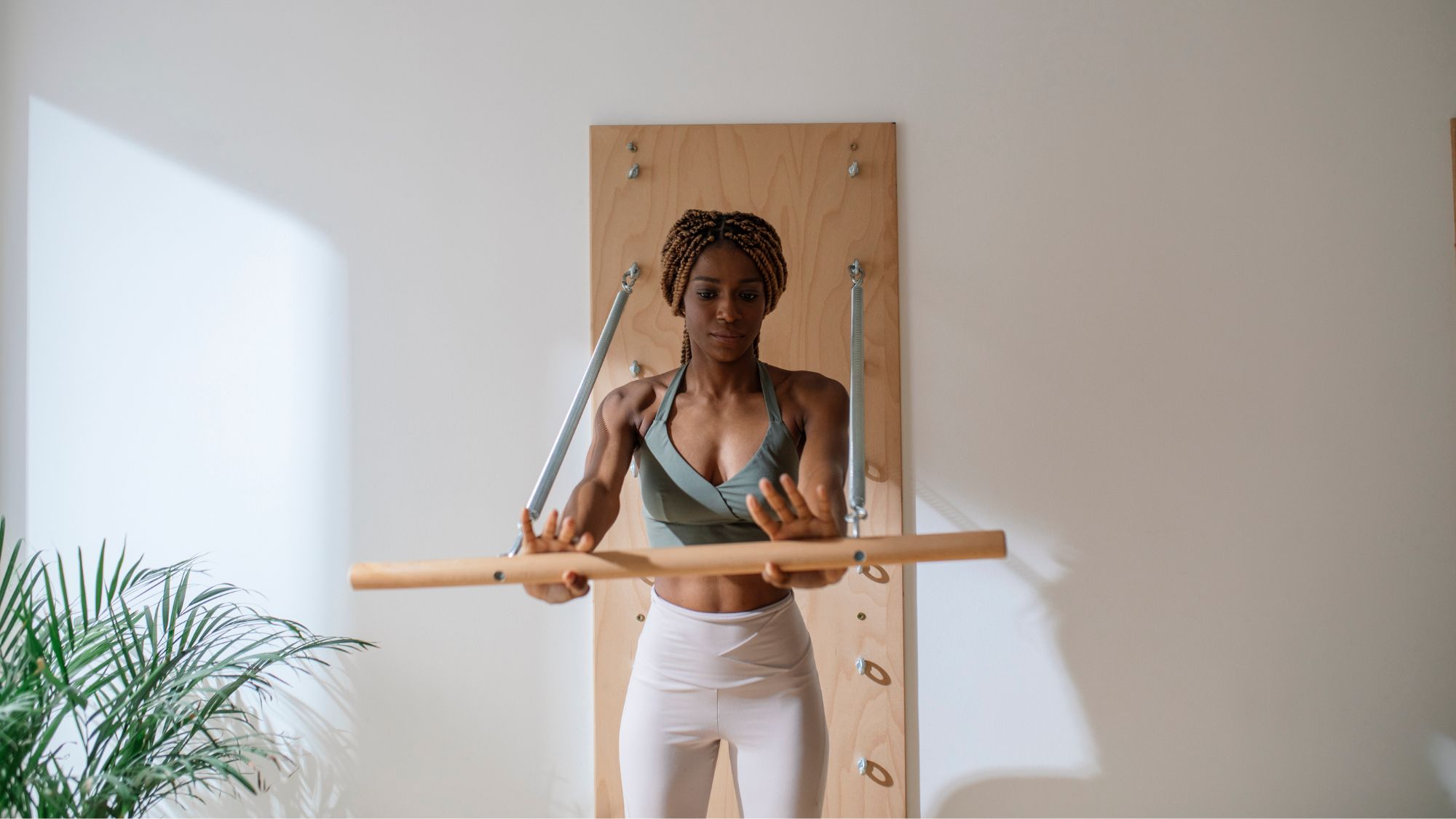The Adults author, Caroline Hulse, on overcoming Imposter Syndrome
Next in our Writers Bloc series, Charlotte Philby speaks to The Adults author, Caroline Hulse, about plot inspiration and the dreaded ‘Imposter Syndrome'


Next in our Writers Bloc series, Charlotte Philby speaks to The Adults author, Caroline Hulse, about plot inspiration and the dreaded ‘Imposter Syndrome'
Caroline Hulse, 41, worked in Human Resources for nearly twenty years before becoming a full-time writer. Her debut novel The Adults is published by Orion, and she lives in Manchester with her husband and dog.
How long have you been writing full-time, and how do you approach your work? After nearly twenty years working in HR, I am now a full-time writer. I may go back to HR work soon – for material, for cash, or for social interaction and routine. But, for now, I’m a full-time writer. I get up as if I'm going to an office job, then try to work in about a five-hour morning chunk of writing before spending the rest of the day doing tax/admin/publicity stuff/housework/gym/walking the dog/reading/catching up with friends. If I’m loving it or in the editing stage, I will do another chunk in the afternoon/evening. I may, or may not, do the same at weekends, depending on mood, deadline, and the stage of the process I’m at. Some weeks I don’t get going at all, and just mess about doing other stuff until I have a stern word with myself. This is the danger of self-employment, and having deadlines that are several months away. I crave someone to stand over my desk with a big stick. I find self-motivation the hardest bit of being a writer. It’s like going to the gym: you know you want to do it, and you know it will make you feel better. You know you will probably even enjoy it when you’re there, but…
Where do you write? Are you one of those novelists who can write anywhere, or do you have a special place where your mind focuses best? There’s a paradox here. My best writing happens in the house, in silence, on my own. However, I can only spend so much time in my house, in silence, on my own. I either write from cafés (less effective than home) or, if I work from home, I force myself to stop writing by mid-afternoon and get out of the house, as this is the tipping point of the day when I start feeling lonely. I then often start working again late aft/evening, once I’ve got my social/movement fix and am re-energised by remembering there’s a world beyond my laptop. I’ve learnt this from experience. It doesn’t matter how much I like writing, spending all day, every day on my own does not make me happy. That is the trade-off.

What inspires your plots?Ideas can start anywhere, but they are usually prompted by newspaper articles/TV shows/books – something sparks a thought, then I take it and run with it. For The Adults, I was trying to think of a domestic suspense plot and happened to be watching the first series of Doctor Foster at the time. As the credits rolled on the last-but-one episode, I thought ‘I love how the writer is building to this massive point of conflict.’ So I thought about how the writer did that, and put that idea with ideas I had until it was a ‘thing’. (And – disclaimer – The Adults didn’t turn out to be a domestic suspense. And it’s nothing like Doctor Foster – it's comedy, and has a completely different storyline entirely! But I knew I wanted to create an unbearably socially-awkward climax scene, and built from there.)
What is your writing process, from inception to completion? I edit as I go through the first draft – lots of false starts/back-pedalling/days of procrastination where I go back and rip up or tweak my work. Even with all that, my first draft is never something I’d send to my agent or editor. By the time I send my ‘first draft’ over, it will usually be my third. I show it to others only when I think ‘right, I’ve got the plot about as good as I can on my own'. It is not the most efficient way of working, but it’s the way I get results, so I am happy with it. I'm also a real plotter. I don’t know how others writers work without a plan – how do they keep track of arcs, e.g. ‘character Z’ or ‘subplot 3’? My head won’t hold that much stuff! I hate doing the first drafts. I used to love them, years ago, long before I got published – but that was before I realised how bad my first drafts were. Back then they were a fun, creative flight of fancy, an escape from real life. Now, sadly, they aren’t. But I love the structural edit stage. By then I have a workable draft, it’s not total rubbish anymore, and now there’s an opportunity to get other people involved and see how much better it can be. The worst thing for me about being a writer is how long you have to be on your own with your work before you can talk about it!
Have you ever suffered from Imposter Syndrome, and if so, how did/do you over come that? Hahaha. YES. I suffer from this on a daily basis, still, and haven’t overcome it. I suspect this is for several reasons: The first is linked to my answer above about first drafts – I have to write badly before I can write well, and that means I spend a lot of time looking at my stuff and thinking ‘nope, not good enough. I’ve lost my mojo'. Having worked for nearly twenty years in my old career, I had expertise of the culture, the norms, the commercial expectations, the things so ‘obvious’ that no-one even mentioned them. With publishing, it’s different. Beyond reading and writing books in private, I had no knowledge of the industry, or even other writers. There are lots of norms that aren’t intuitive, but which the people you deal with seem to know. This can add to the ‘fish out of water’ feeling. The vast majority of writers on social media appear to be having a wonderful time, loving their job and the writing, and this enthusiasm is real and natural. And we definitely don’t want to sound ungrateful and entitled when we’re doing many people’s ‘dream job’. But this can sometimes also make other writers (e.g. me) think ‘well, this clearly isn’t for me then, because I’m having a bad day, so I can’t be a proper writer'. In my experience, all this can add up to making you feel a bit of a fraud. When imposter syndrome hits, I have to take a break, have a word with myself, re-set, and plough on.
Marie Claire Newsletter
Celebrity news, beauty, fashion advice, and fascinating features, delivered straight to your inbox!
If you could give one piece of advice to an aspiring writer, what would that be? Tip One: In my experience, ‘writing’ means different things to different people. So you need to be clear why why you want to write to make sure you focus on the right outcomes for you. Is it a diverting pastime, pleasure for its own sake? Is it to help you process your thoughts? Is it to produce books for your family and friends? Are you hoping to see your name in print, once, or are you trying to find a ‘way in’ to the industry for life? Is it to be widely published? Is it even to make money, to have a long-term career? (And, if it’s this are you happy to make the career/life/potential artistic sacrifices required? To deal with the insecurity/lack of guarantee it will ever happen/knowledge it may happen and then be taken away?) Different aims have different levels of achievability and require different approaches. Everything is a trade-off, and it will help you manage your expectations to know why you’re writing, and to be happy when you hit your goals, not anyone else’s. Tip Two: ‘Don’t listen to anyone else’s writing tips’. Not even mine. Find what works for you.
-
 Stop what you're doing: these are, hands down, the best wall Pilates workouts for the core, according to top instructors
Stop what you're doing: these are, hands down, the best wall Pilates workouts for the core, according to top instructorsRigs at the ready.
By Katie Sims
-
 9 elegant mother of the bride outfits that will work for any wedding setting
9 elegant mother of the bride outfits that will work for any wedding settingChic suits and floral frocks, included
By Lauren Cunningham
-
 “I regret…him” — Brides reveal their biggest Wedding Day regrets
“I regret…him” — Brides reveal their biggest Wedding Day regretsEverything 7 brides wish they knew before their big day
By Mischa Anouk Smith